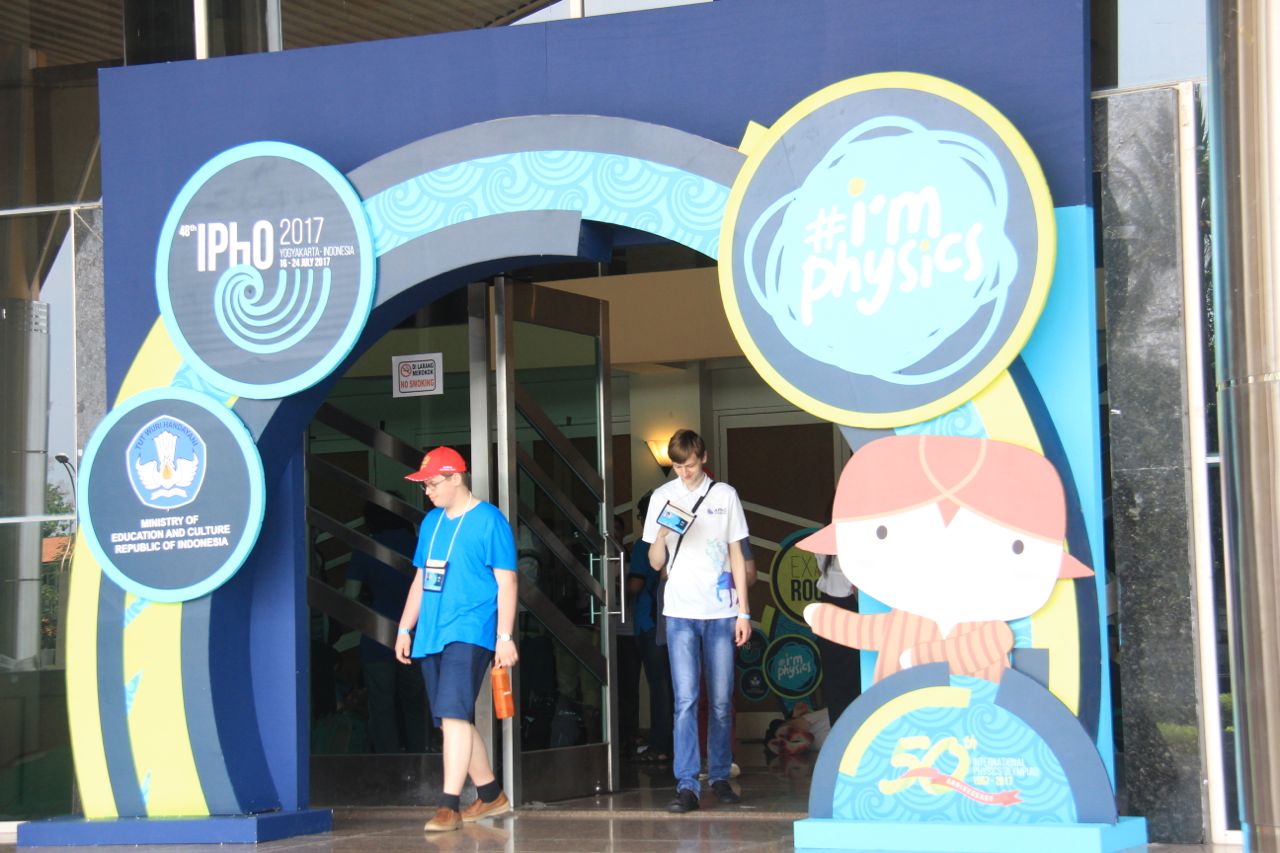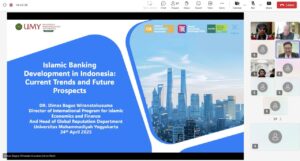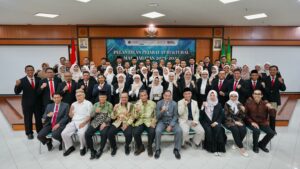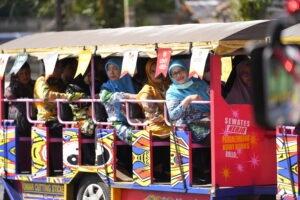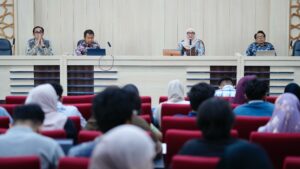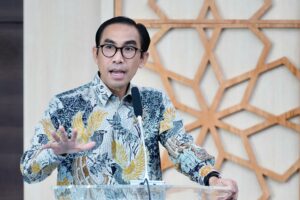Indonesia acted as the host of International Physics Olympiad (IPhO) 2017 conducted on 16-24 July in Yogyakarta. The IPhO is the oldest and greatest Olympiad after the International Mathematical Olympiad for high school students.
A committee member from Directorate of High School Development of Ministry of Education and Culture of Republic of Indonesia Asep Sukmayadi told that 86 countries participated in the IPhO 2017. “There are 650 participants joining this Olympiad,” mentioned Asep. The opening of the IPhO was held at Ballroom of the Sahid Rich Hotel of Yogyakarta on Monday (17/7), while the Olympiad, answering theoretical and practical exercises was carried out at Sportorium of Universitas Muhammadiyah Yogyakarta (UMY).
“The Olympiad is continuance of National Science Olympiad (OSN) organized in Riau. Indonesia representatives participated in the IPhO are high school students winning the OSN. Indonesia also joined other science Olympiads. In 2015, Indonesia participated in International Olympiad on Astronomy and Astrophysics (IOAA) 2015in Magelang,” told Asep.
He informed that the IPhO has been conducted in Indonesia twice. “Indonesia was the host of the IPhO 2002 in Bali. The physics Olympiad was initiated in the 1950s that the participants were from 160 countries. Indonesia has commenced to participate in the Olympiad in 1990s,” said Asep.
He also stated that government has provided rewards for students participating in the international science Olympiads in these recent ten years. “For instance, government provides scholarships for them to pursue their bachelor’s degree at one of the Indonesian universities. Indeed, if they gained a gold medal, they can get scholarships for their master’s degree and doctoral degree in a university in the world cooperated with the Indonesian Endowment Fund for Education (LPDP),” he confirmed.
Additionally, government through Kemendikbud organized other competitions. “Government also provides rewards for other fields such as economics, sports, scouts, comics, short stories, and poems. Governments attempts to facilitate high school students’ interests and abilities without making a difference,” ended Asep.
